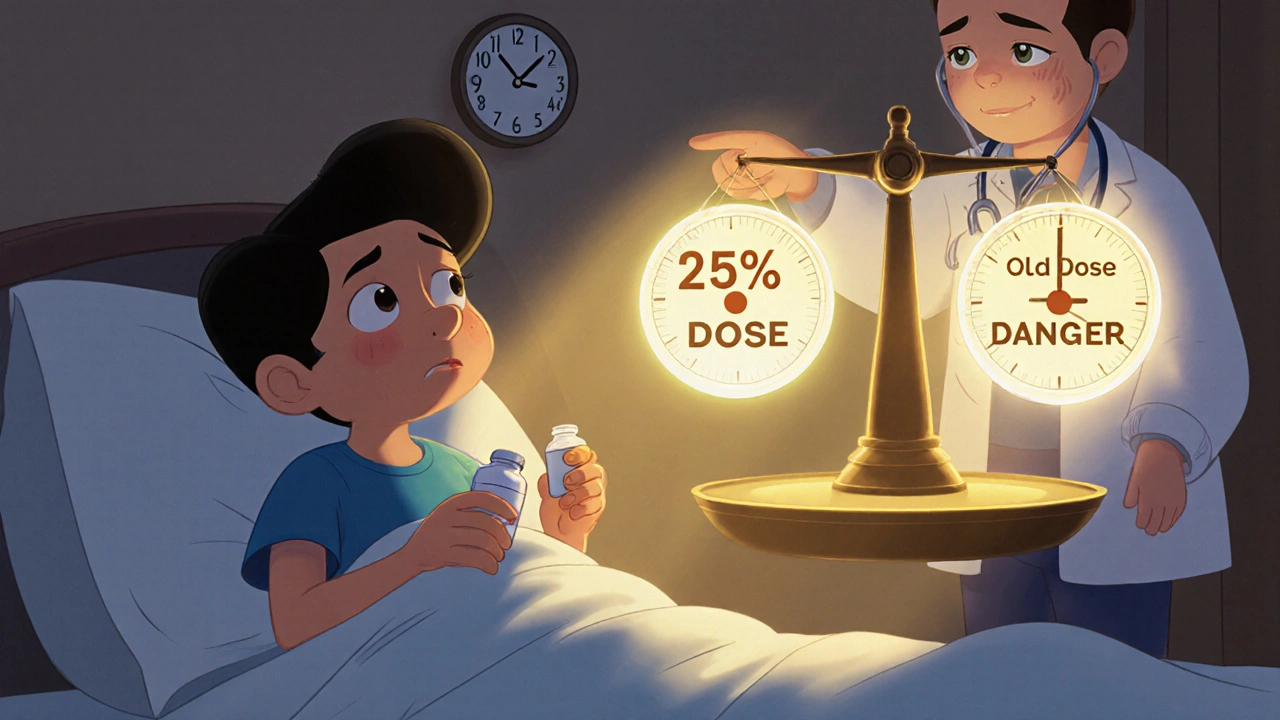Naloxone: What It Is, How It Saves Lives, and What You Need to Know
When someone overdoses on opioids, every second counts. Naloxone, a medication that rapidly reverses opioid overdose by blocking opioid receptors in the brain. Also known as Narcan, it doesn’t just treat symptoms—it can bring someone back from the edge of death in under five minutes. It’s not a cure for addiction. It’s not a painkiller. It’s a reset button for a body that’s been shut down by too much heroin, fentanyl, oxycodone, or prescription pain pills.
Naloxone works because it’s stronger than most opioids at binding to the same receptors. When injected, sprayed into the nose, or given as a pill, it kicks the opioid off those receptors and lets breathing start again. It doesn’t work on cocaine, alcohol, or benzodiazepines—only opioids. That’s why it’s so precise. And why it’s so critical in communities where fentanyl is mixed into other drugs without warning. You don’t need to be a doctor to use it. Paramedics carry it. Police carry it. Family members carry it. Even teens learning about overdose risks now carry it.
It’s not just about saving strangers. It’s about saving your brother, your neighbor, your friend who’s trying to get clean. Studies show that people who survive an overdose are far more likely to die within a year if they don’t get follow-up care. Naloxone doesn’t fix that. But it buys time. Time to call 911. Time to get someone into treatment. Time to have another chance.
And it’s not just for people using opioids illegally. Someone taking high-dose pain meds after surgery? Someone on long-term opioid therapy? Someone who accidentally takes a double dose? They’re at risk too. That’s why hospitals, clinics, and even pharmacies now hand out naloxone kits like they hand out bandages—because it’s not a matter of if, but when someone will need it.
There’s no magic pill for addiction. But there is one for overdose. And it’s simple, safe, and shockingly effective. If you’ve ever wondered how to help someone who might be struggling, this is where you start. Below, you’ll find real-world stories, practical guides, and hard facts about how naloxone fits into the bigger picture of opioid safety, emergency response, and public health.

